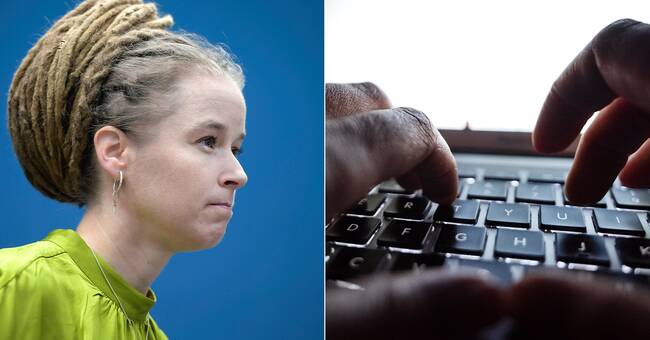- Misinformation, propaganda and online hatred affect how we make decisions.
They push for polarization and complicate democratic talks.
Therefore, priority must be given to working against it, says Carl Heath, special investigator for The Democratic Conversation.
In the submitted investigation, whose full title is "The democratic conversation in a digital age - How we strengthen the resistance to disinformation, propaganda and cyber-hatred", four recommendations to the government are raised.
The inquiry proposes that there should be a national strategy to better resist disinformation, propaganda and cyber-hatred.
- When you hear the word disinformation, it is easy to think of Russia, China or the like.
But what I have seen after visiting, among other things, fifty municipalities is that it is at the local level as well.
There are local issues that can create spread and online hatred, says Carl Heath.
Ignorance of cyberbullying
The authors of the inquiry also point out the importance of increased knowledge about misinformation for all citizens as a recommendation.
During the work, the committee discovered that many who have been exposed to cyber-hatred did not report due to ignorance of what is punishable.
Therefore, as a third point, they recommend that efforts be made to tackle cyber-hatred and that vulnerable groups receive the support they need.
It is also proposed that it be investigated whether there are shortcomings in the legal chain that make it more difficult to work against cyber-hatred.
- There are three actors when it comes to hatred and threats.
It is the perpetrator, the victim and then it is the silent mass that does not dare to enter into the conversation.
As a consequence of online hatred, many are inactive.
This means that our digital conversation will not be democratic, says Carl Heath.
The democratic influence of social media
In conclusion, the inquiry recommends that a new inquiry be appointed that examines how platforms such as Twitter, Youtube and Facebook affect democracy and whether it may become relevant with a regulation in the future.
- Our conversations are increasingly taking place in digital environments.
We need to understand what this means for Swedish democracy.
I say neither bu nor bä about digital platforms.
We need knowledge of what to do.
If we do not have knowledge, the chances are greater that we make the wrong decision, says Carl Heath.

